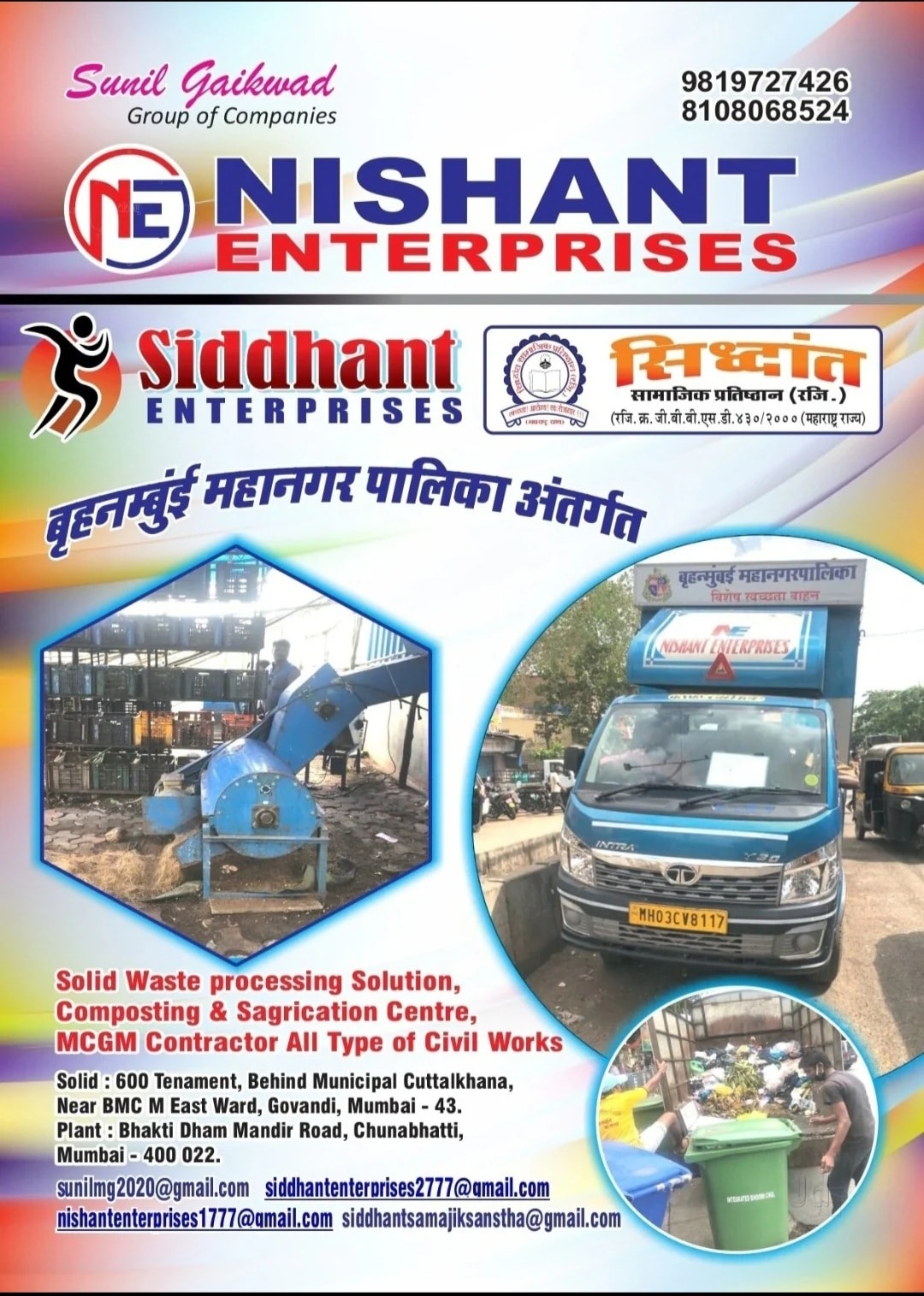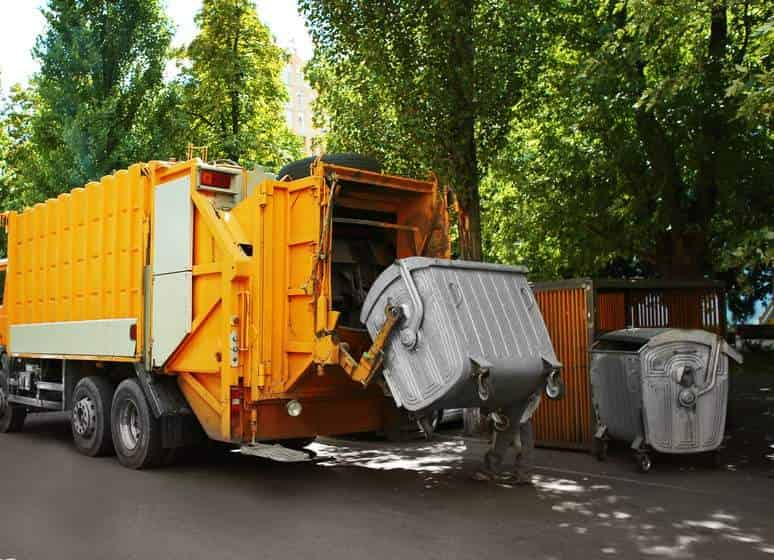Find Food Truck Waste Water Disposal Near Me | Quick Guide
Running a food truck is an exhilarating business, but let’s be honest, one of the least glamorous parts is dealing with the gray water and waste. If you’ve found yourself searching for “find food truck waste water disposal near me,” you’re not alone. This is a fundamental and recurring challenge for every mobile vendor. Properly managing your wastewater isn’t just about convenience; it’s a critical legal and environmental responsibility. This quick guide is designed to cut through the confusion and provide you with actionable, practical solutions to locate disposal sites, understand the regulations, and implement a system that keeps your business rolling smoothly and compliantly.
Why Proper Food Truck Waste Water Disposal is Non-Negotiable
Before we dive into the “how,” it’s crucial to understand the “why.” The water used for cleaning dishes, utensils, and cooking surfaces is classified as gray water. This water contains fats, oils, grease (FOG), and food solids. Dumping this improperly isn’t just messy—it’s illegal and harmful.

- Legal Repercussions: Most municipalities have strict codes against dumping gray water on the ground, into storm drains, or in public parks. Violations can lead to hefty fines and even the revocation of your operating permit.
- Environmental Impact: FOG can solidify in pipes and sewer systems, causing major blockages and sanitary sewer overflows, which contaminate local waterways.
- Public Health: Improperly disposed wastewater attracts pests and can create unsanitary conditions, damaging your reputation and public health.
Your Primary Options for Food Truck Waste Water Disposal
When you need to find a food truck waste water disposal point, you typically have three main avenues to explore. The best choice often depends on your location, your setup, and your schedule.
- Dedicated Dump Stations: These are facilities specifically designed for recreational vehicles (RVs) and commercial vehicles to empty their holding tanks. They are often found at RV parks, some truck stops, and dedicated service areas.
- Commissaries or Home Base: Your licensed commissary kitchen is your most reliable partner. Your agreement with them should include access to a three-compartment sink and proper grease interceptors for safe and legal disposal.
- Wastewater Treatment Plants or Sanitation Departments: Some local municipal facilities accept commercial gray water, though this is less common. You must contact them directly for their specific policies and any associated fees.
How to Locate a Reliable Disposal Site Near You
So, how do you actually find food truck waste water disposal near me? It requires a bit of digital and old-fashioned legwork.
- Use Specialized Apps and Websites: Apps like “Sanidump” and websites such as RVdumpstations.net maintain extensive, user-updated directories of dump stations across the country. Filter your search for locations that allow commercial vehicles.
- Google Maps is Your Friend: A simple search for “RV dump station near me” or “waste water disposal” can reveal nearby options. Always, and I mean always, call ahead to confirm they accept commercial food truck gray water.
- Network with Other Food Truck Operators: This is often the most valuable resource. Other vendors know the unlisted spots and the most efficient routines. Building a community can solve countless operational headaches.
- Contact Your Local Health Department: They regulate your business and can often provide a list of approved disposal facilities or clarify the requirements for using your commissary.
Commissary vs. Dump Station: Choosing Your Best Path
To help you decide between your two main options, let’s break down the pros and cons. This comparison can clarify which method best suits your daily operations.
| Feature | Using a Commissary | Using a Dump Station |
|---|---|---|
| Cost | Often included in commissary rental fee | Typically a small fee ($5 – $20 per dump) |
| Convenience | High; part of your daily open/close routine | Variable; may require a detour |
| Reliability | Very high; guaranteed access | Can be inconsistent; sometimes closed or full |
| Legal Compliance | Fully compliant by design | Must ensure the station allows commercial waste |
| Best For | Vendors with a fixed daily schedule | Vendors who travel frequently or operate at multi-day events |
Pro Tips for Efficient and Clean Waste Water Management
After a decade of reviewing commercial vehicles and their workflows, I’ve seen what separates the smooth operators from the struggling ones. Here are some pro tips for managing your food truck waste water disposal.
- Invest in a Quality Grease Trap: Don’t just rely on the one at your commissary. A secondary, portable grease trap for your truck will capture the majority of FOG before it ever hits your holding tank, preventing clogs and odors. According to the U.S. Environmental Protection Agency, proper grease control is essential for protecting sewer systems.
- Use Biodegradable, Grease-Cutting Soaps: This makes a world of difference in breaking down oils and making the waste easier and safer to dispose of.
- Schedule Your Disposal: Don’t wait until your tank is full. Make dumping part of your closing procedure every single day. This prevents emergencies and overflows.
- Carry a “Spill Kit”: Keep absorbent pads, a small container of cat litter, and gloves on hand. Accidents happen during the disposal process, and being prepared to clean up immediately is a sign of a true professional.
Frequently Asked Questions (FAQ)
Q: Can I dump my food truck’s gray water at home?
A: This is highly discouraged and often illegal. Residential plumbing and septic systems are not designed to handle the high concentration of fats, oils, and grease from a commercial kitchen. It can lead to severe blockages and costly damage to your home’s system.
Q: What’s the difference between gray water and black water?
Q: How often should I clean my grease trap?
A: The frequency depends on your volume. A busy truck should have its internal grease trap cleaned daily. The larger interceptor at your commissary will need professional servicing on a regular schedule, often mandated by local health codes. The FDA Food Code provides guidance on maintaining these facilities to prevent contamination.
Q: Are there any mobile waste water disposal services?
A: Yes! In some larger cities and for major events, there are companies that offer mobile pump-out services. They come to your truck and empty your tank for you. This is a premium service but can be a huge time-saver during a busy festival.
Final Thoughts
Mastering your food truck waste water disposal process is as important as perfecting your menu. It’s a core operational task that ensures your business remains sustainable, legal, and environmentally responsible. By leveraging the tools and strategies outlined in this guide—from using apps to network with peers—you can transform this chore into a seamless part of your workflow. Remember, a clean and compliant operation is the foundation of a successful and respected food truck business.
Sources & Further Reading:

- U.S. Environmental Protection Agency (EPA). “Grease Traps and Interceptors.” https://www.epa.gov/npdes/grease-traps-and-interceptors
- U.S. Food & Drug Administration (FDA). “Food Code.” https://www.fda.gov/food/retail-food-protection/food-code








